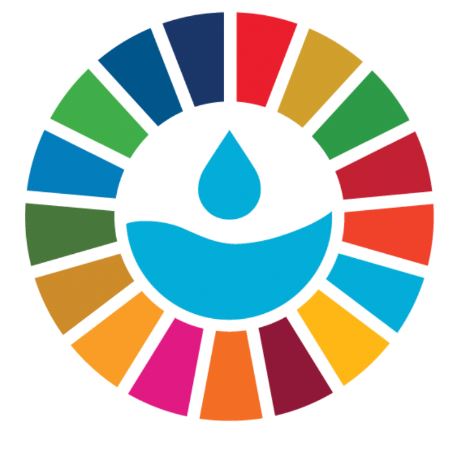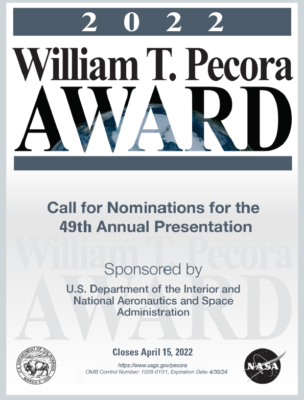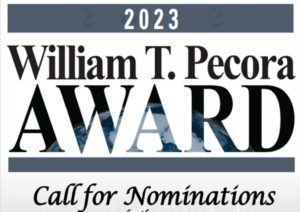Group on Earth Observation’s (GEO) invites you to attend two major GEO events that will take place back-to-back in Geneva in mid-June:
- GEO Symposium 2023, 13-14 June 2023
- Open Data & Open Knowledge Workshop, 15-16 June 2023
One-stop registration for both events is now open! Please visit the event webpage links above to register and find out how you can contribute to the events!





 Flyer
Flyer